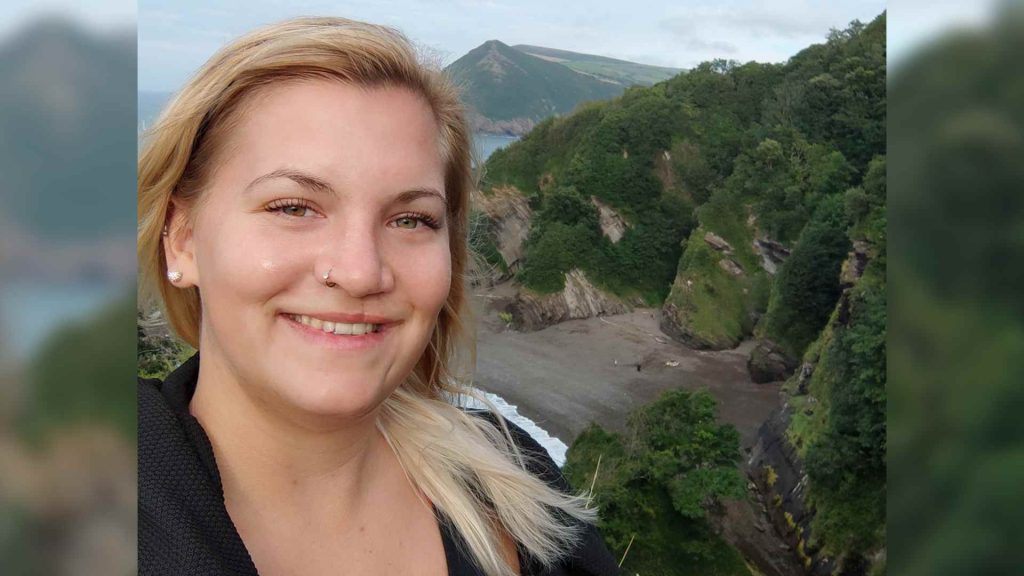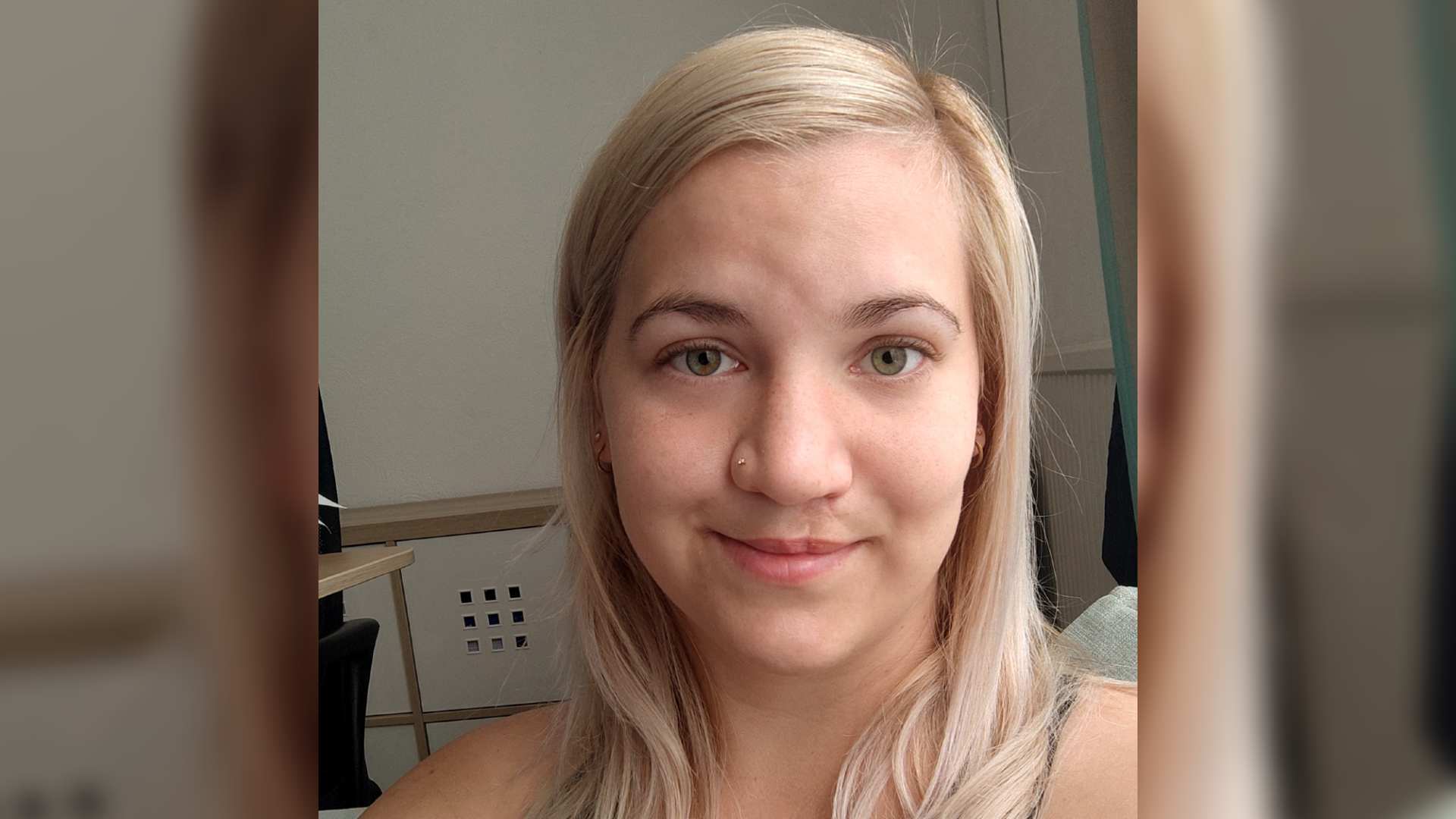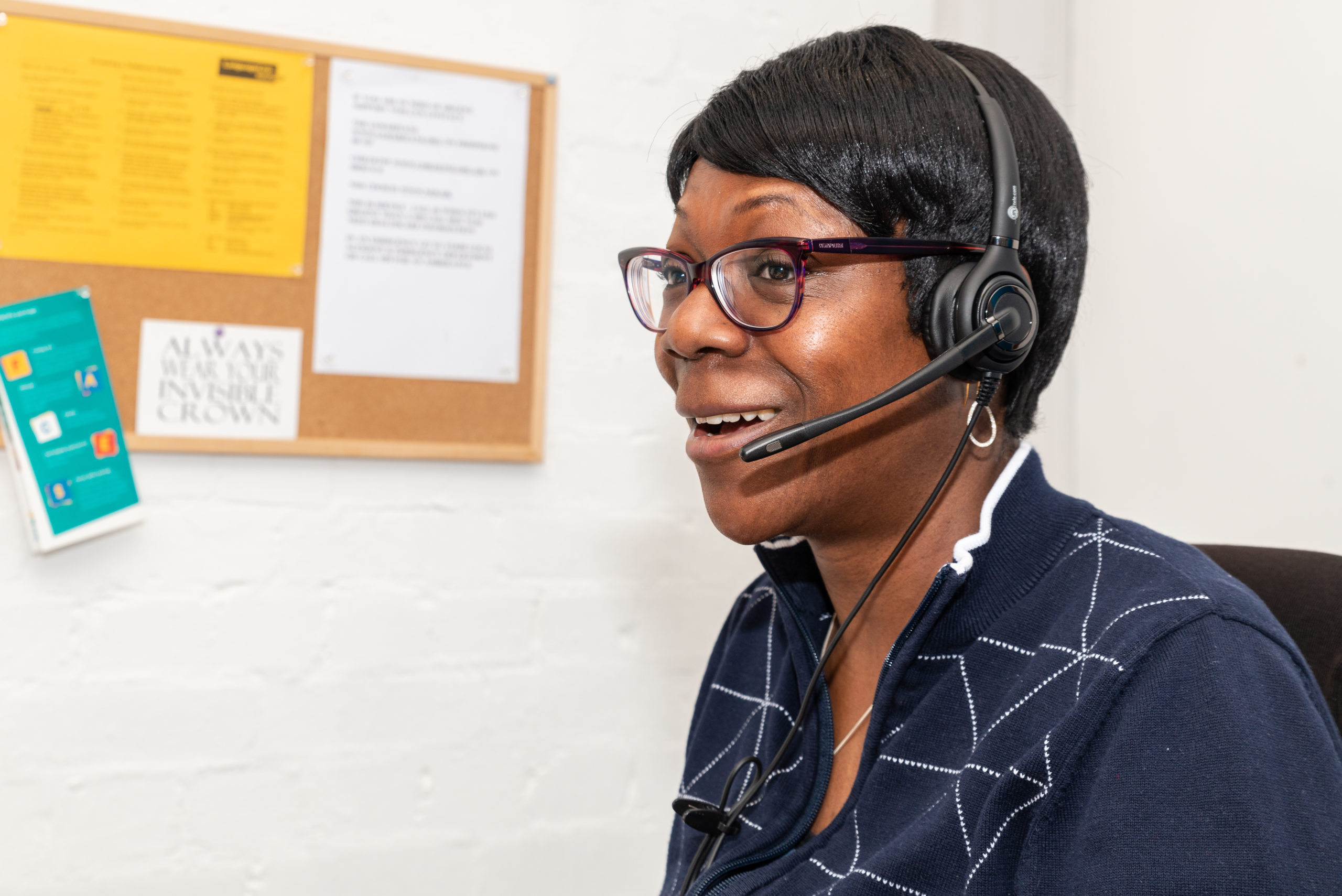I’m Eszter and I was born with a unilateral cleft lip and palate. The initial corrective surgeries were completed when I was only three months old, so luckily, I don’t remember those. However, I was left with facial scars and my nose looked different to others.
Growing up in Hungary, the first few years of my life were simple. I had lots of friends in kindergarten, and nobody seemed to be bothered about my oddly shaped nose and scars.
Once I started primary school, this changed. Most of my peers were very kind and accepting of me and didn’t care that I looked different. However, there were some boys a year below me who would often call me names and shouted at me in the schoolyard, cafeteria and hallways.
I remember going to my mum and crying about it, because I was so upset that I looked different. It was horrible being called names when my condition was completely out of my control.
Over the years, I learned to tune it out and not listen to the bullies and negativity. My friends were really supportive and helped me to accept myself and not take notice of those boys. Whenever they were shouting at me and calling me names, we just started laughing at the weird, bizarre things they would call me and pick apart how they didn’t make any sense! We turned those unkind words into laughable memories in the end.
Our looks don’t have to affect the way we live our lives. Beauty is subjective, and the fact is that everyone is self-conscious about something.
Once I started high school, thankfully the bullying stopped. Everybody was minding their own business, which was refreshing to experience. I still felt very self-conscious most of the time though and felt uncomfortable meeting new people and being in new environments. One thing that bothered me a lot was that when I had the surgeries done as a baby, the root of my front tooth had to be removed, so one of my front teeth was missing. I always avoided laughing and talking with my mouth wide open, because I didn’t want people to see.
My teenage years were when I started having all the orthodontic treatment done and a number of surgeries to fix things. I remember having to go to the orthodontist weekly to tighten my braces, which was in a different city to my hometown, so I missed a considerable amount school because of this.
It was quite difficult having to miss every Monday and trying to catch up for the next lessons. My teachers weren’t very understanding at the time, and they didn’t really support me with catching up, so that was a bit tough. My friends luckily were very helpful and always sent me their notes, so I could be kept in the loop. The weekly appointments only went on for about six months, but this was still disruptive, and I had to continue going to the orthodontist monthly afterwards.
Sometimes I wonder whether my school experience would have been different had I grown up in the UK, or whether my story is quite “universal”. By the time I moved here, I was an adult, and I’ve not noticed any difference between the way I’m perceived here and the way I was back in Hungary. I find that adults tend to be more accepting than children though, at least in my experience.

Eszter doesn’t let her visible difference define her
At the age of 16, I had two surgeries, one to close up a little gap in my palate that was still there and one where they removed a piece of my hip bone to place in my top gum, so there would be enough bone structure for a tooth implant in the future.
Then I had another surgery in my early 20’s where my top jaw had to be moved forward due to my underbite. And finally, I had rhinoplasty when I was 21.
It took about seven years from start to finish with monthly, if not weekly, visits to get to the “finish line”. I have to say, without the support of my friends and family I wouldn’t be where I am today. They helped me so much with learning and understanding that looks don’t define who you are and that those people who bully you or stare shouldn’t be paid any mind. It’s their ignorance that is the problem, not you.
Our looks don’t have to affect the way we live our lives. Beauty is subjective, and the fact is that everyone is self-conscious about something. People tend to notice their own imperfections a lot more than anyone else would. Humans in general are very self-critical and are more prone to negative self-beliefs than positive ones, but we must remember that appearance isn’t everything! People will care a lot more about who you are as a person, your values, and your qualities rather than how you look.
I have come a long way on my journey to self-acceptance, and to try and recognise my own beauty. Your scars and differences tell your unique story, and you should be proud to share that story with the world.

